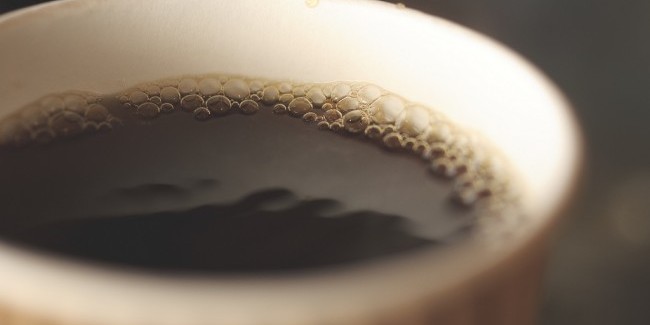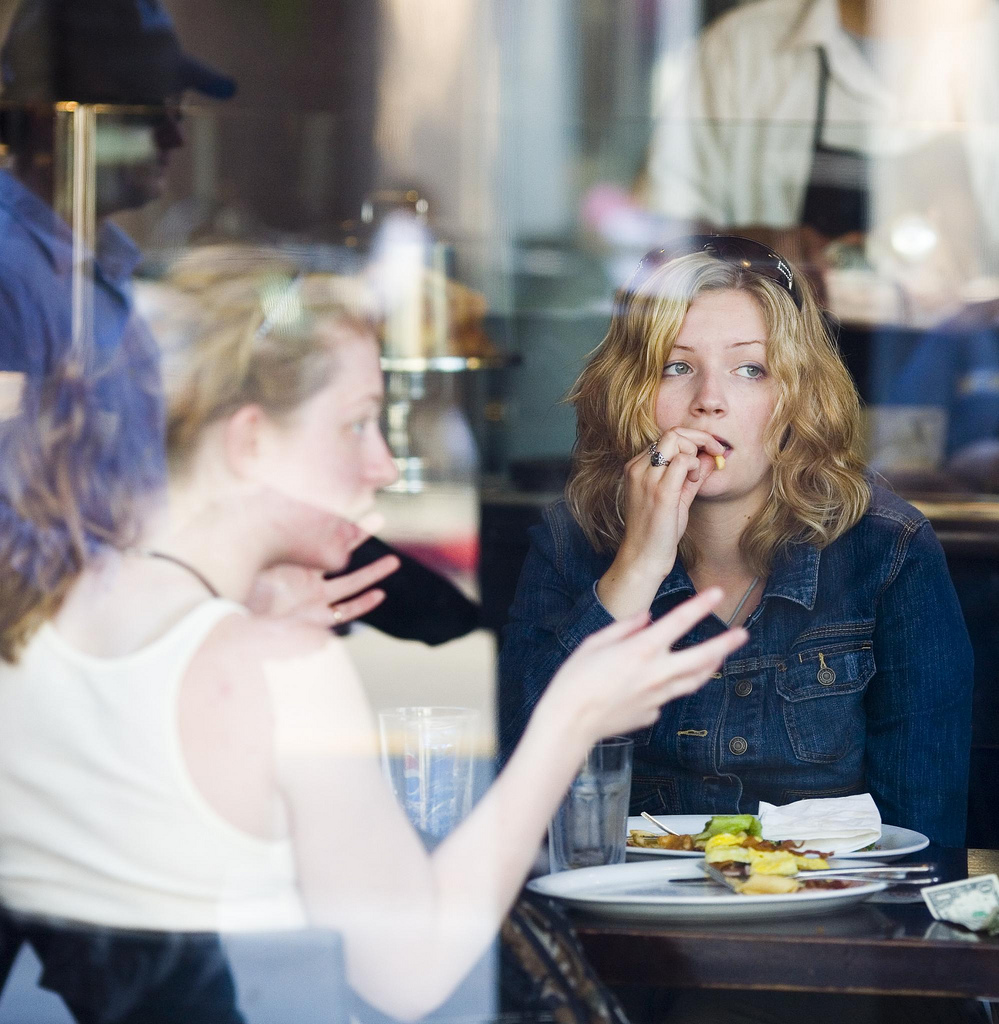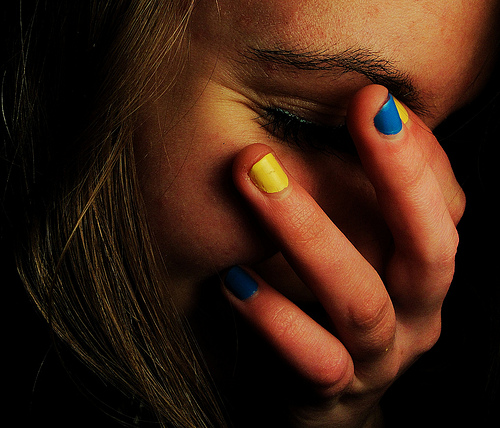 Drinking tons of coffee may not be good for your paruresis – and not just because tons of coffee can also lead to tons of bathroom breaks. Coffee does the double duty of potentially making your shy bladder worse, thanks to the magic ingredient of caffeine.
Drinking tons of coffee may not be good for your paruresis – and not just because tons of coffee can also lead to tons of bathroom breaks. Coffee does the double duty of potentially making your shy bladder worse, thanks to the magic ingredient of caffeine.
If you’re only drinking a cup or two of coffee per day, you may not suffer any ill effects. In fact, caffeine’s boost to your nervous system can actually improve your focus, concentration and levels of alertness.
Too Much of a Jittery Thing
Consuming more than about 500 mg per day, which is equivalent to roughly four cups of coffee, can cross the line from helpful to harmful by over-stimulating your system and bringing a handful of detrimental effects. Mayo Clinic and Health Day report these include:
- Nervousness
- Irritability
- Headaches
- Restlessness
- Insomnia and sleeping problems
- Dizziness
- Stomach aches
- Muscle tremors
- Rapid heartbeat
- Calcium loss
- Potential dehydration (due to increased urination)
- Feelings of stress and anxiety (which, in turn, can heighten your shy bladder symptoms)
Caffeine can also interact with certain medications and herbal supplements. This may heighten the detrimental effects of caffeine or lessen the effectiveness of your medications. Certain antibiotics, for instance, don’t let your body breakdown caffeine as it normally would, making it stick around longer than usual with harsher negative effects.
There’s Caffeine in What?!
Coffee isn’t the only source of caffeine that may be streaming through your daily diet. Even decaf coffee contains some level of caffeine, as do many types of tea. Other sources noted by Health Magazine include:
- Chocolate
- Colas and even non-cola sodas
- Various energy water brands and energy drinks (with or without alcohol)
- Ice cream (coffee and chocolate flavors)
- Pain relievers
- Diet pills
Certain companies are also adding caffeine to:
- Chewing gum and breath mints
- Sunflower seeds marketed as “Energy” seeds
- Beef jerky marketed as “Perky Jerky”
- Oatmeal; yes, oatmeal. The oatmeal in question is Sturm Foods’ “Morning Spark” instant oatmeal
Gradual Decline
If you do decide to cut back on caffeine, don’t do so cold turkey, Mayo Clinic warns. Cutting off your supply completely can hurl you into caffeine withdrawal, which comes with its own slate of ill-effects.
Instead, have one fewer cup of coffee or switch out your caffeinated chewing gum for a sugar-free, all-natural type. You can also try cutting off coffee or other sources of caffeine after a certain hour, such as 5 p.m., which can make falling and staying asleep easier.
So the next time your paruresis is perhaps mysteriously acting up, you’re somehow feeling anxious and jittery or you just can’t seem to fall asleep at night, you may want to review your caffeine consumption over the past few days. Don’t forget to account for any “Energy” sunflower seeds, caffeine-laden oatmeal or Perky Jerky on your menu.
SOURCES:




